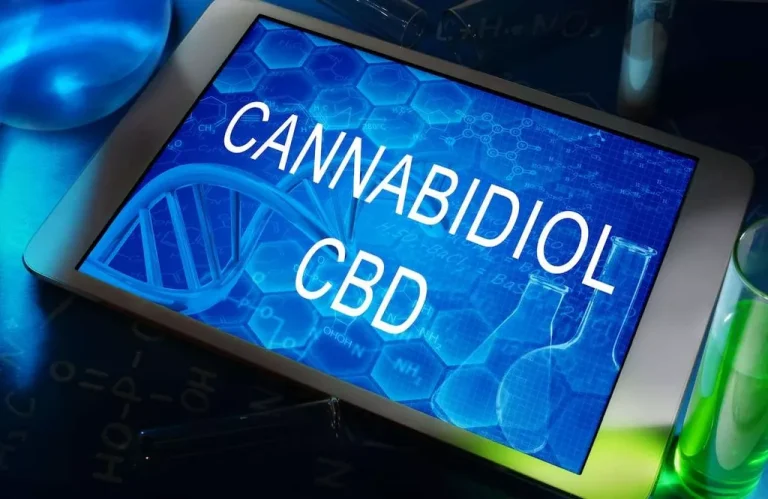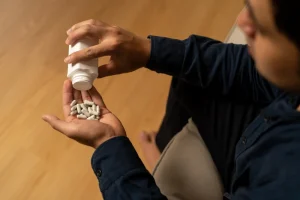
Addiction is a formidable force that reverberates beyond the individual, casting a shadow over the lives of loved ones and challenging the very fabric of their relationships. To navigate the path of rebuilding trust and connection, you need to understand the profound impact addiction has on relationships. It’s not an easy undertaking to begin building healthy relationships in sobriety and your recovery journey, but it will be so rewarding when you do.
How to Handle Challenges and Setbacks in Recovery
Chronic drug and alcohol abuse can damage relationships, and lead to severe emotional pain and unhealthy coping skills, such as enabling. These relationships serve as a solid foundation for personal growth and ongoing support in maintaining long-term recovery. Step 8 involves making a list of all the individuals we have harmed and being willing to make amends with them. This step requires honest self-reflection, accountability, and humility.
- Recovery might require learning to navigate new thought patterns and triggers.
- They give individuals understanding, encouragement, and accountability.
- It’s about proving that you are consistently taking steps to ensure that the hurtful behaviors do not recur.
- In addition to 12-step and alternative recovery programs, there are a number of support groups that are less structured.
Understanding the Components of Recovery Capital
First and foremost, relationships offer a sense of belonging and connection. They provide emotional support, empathy, and understanding during challenging times, helping individuals feel less alone in their journey. Having someone to lean on, share your struggles with, and celebrate milestones with can make the recovery process more manageable and meaningful.
- Adding the stress of focusing on relationships could feel overwhelming, but it also provides an important opportunity to practice distress tolerance, emotion regulation, and coping skills.
- Repairing relationships while in recovery requires hard work and commitment.
- Then, ground yourself, whether that’s doing something relaxing like meditating or writing your thoughts in a journal.
- Stress is often the reason that people turn to drugs to feel relief or to “take the edge” off.
- By actively recognizing and appreciating these achievements, individuals can foster a sense of support, encouragement, and shared growth.
Alcohol Use Disorder, Alcohol Dependence & Alcoholism: What’s the Difference?
Engaging in prayer, meditation, or a higher power can aid in healing. These programs are often considered a first-line treatment for people in recovery. Part of a relationship is acknowledging and celebrating the milestones and progress achieved. By actively recognizing romantic relationships in recovery and appreciating these achievements, individuals can foster a sense of support, encouragement, and shared growth. Before we can rebuild trust and re-establish lost connections, one must acknowledge the pain and trauma experienced by all parties involved.
- Further, the effects of alcohol and drug addiction can persist through generations.
- The love and support of those who care for you can bring warmth and strength to your recovery journey, even during difficult times.
- C. Identifying and Managing Relapse Triggers Related to Stress Stress can be a potent trigger for relapse, so it’s essential to identify and manage potential triggers before they escalate.
- The individual in recovery may also bear the weight of guilt and remorse for the harm caused, further straining the healing process.
- Remember, recovery is about overcoming addiction and building a life full of healthy and meaningful connections.
The Stages of Alcoholism: Understanding the Journey from Alcohol Use to Alcohol Use Disorder

Similarly, loved ones should strive to genuinely listen to the thoughts, feelings, and experiences shared by the individual in recovery without interrupting or judging. Validating emotions and demonstrating empathy fosters an atmosphere of understanding and support, enabling both parties to connect on a deeper level. It entails acknowledging past mistakes, taking responsibility for one’s actions, and being willing to confront uncomfortable truths. By opening up about the challenges faced during addiction and the steps taken toward recovery, individuals demonstrate a genuine commitment to change and growth. Finding common interests and engaging in activities together can strengthen relationships during recovery.


The idea that recovery should be wholly an individual journey reinforces the idea that addiction is solely a character flaw. That idea has been disproven by loads of research, and although https://ecosoberhouse.com/ individual recovery is critically important, so is relationship recovery. I have never met someone on a solid recovery path who wasn’t engaged with strong social supports.


- Furthermore, relationships act as a mirror, reflecting our progress and accountability.
- Your sacrifice will be repaid with a brighter future for your loved one.
- Taking time to acknowledge the transformation that has occurred, both internally and in their relationships, can be deeply rewarding.
- Exploring spirituality provides guidance and support, and allows people to find what works best for them.
- For those who need less support, the companionship that relationships bring is just as important.
